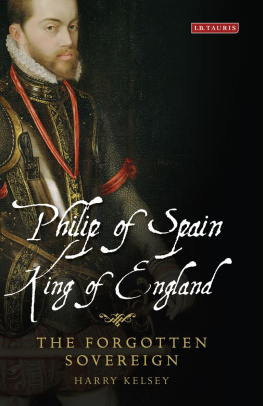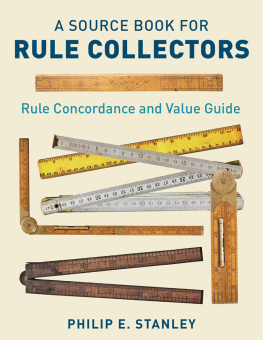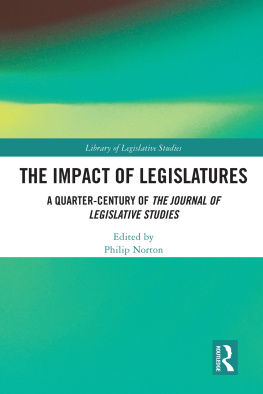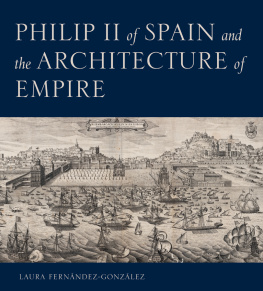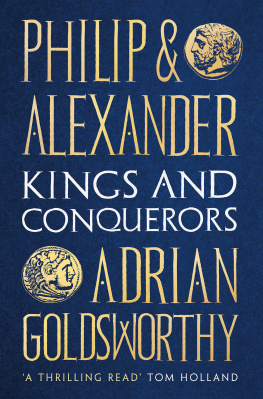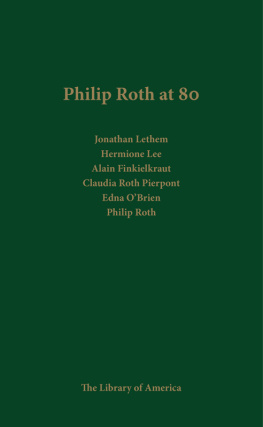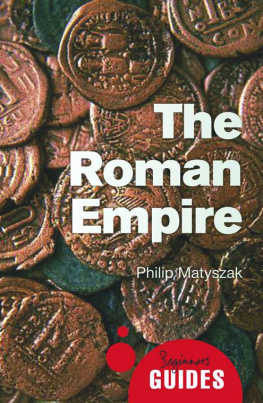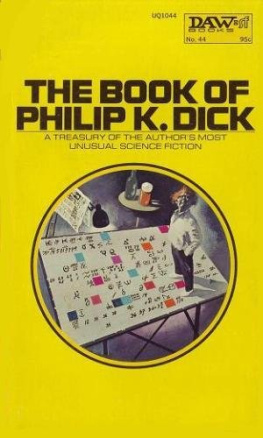
First published 1992 by Pearson Education Limited
Published 2013 by Routledge
2 Park Square, Milton Park, Abingdon, Oxon 0X14 4RN
711 Third Avenue, New York, NY 10017, USA
Routledge is an imprint of the Taylor & Francis Group, an informa business
Copyright 1992, Taylor & Francis.
All rights reserved. No part of this book may be reprinted or reproduced or utilised in any form or by any electronic, mechanical, or other means, now known or hereafter invented, including photocopying and recording, or in any information storage or retrieval system, without permission in writing from the publishers.
Notices
Knowledge and best practice in this field are constantly changing. As new research and experience broaden our understanding, changes in research methods, professional practices, or medical treatment may become necessary.
Practitioners and researchers must always rely on their own experience and knowledge in evaluating and using any information, methods, compounds, or experiments described herein. In using such information or methods they should be mindful of their own safety and the safety of others, including parties for whom they have a professional responsibility.
To the fullest extent of the law, neither the Publisher nor the authors, contributors, or editors, assume any liability for any injury and/or damage to persons or property as a matter of products liability, negligence or otherwise, or from any use or operation of any methods, products, instructions, or ideas contained in the material herein.
ISBN 13: 978-0-582-07232-9 (pbk)
British Library Cataloguing in Publication Data
Woodward, Geoffrey
Philip II. (Seminar studies in history)
I. Title II. Series
946.04092
Library of Congress Cataloging-in-Publication Data
Woodward, Geoffrey.
Philip II/Geoffrey Woodward.
p. cm. (Seminar studies in history)
Includes bibliographical references and index.
ISBN 0-582-07232-8
1. Spain History Philip II, 15561598. 2. Philip II, King
of Spain, 1527-1598. I. Title. II. Series.
DP178.W66 1992
946.043 dc20
91-29579
CIP
Set in 10/11 point Baskerville (Linotron)
Contents
ACKNOWLEDGEMENTS
A note on currency
In Philips reign, accounts were kept in maraveds and ducats. Exchange rates fluctuated and values of currencies varied from decade to decade but the most common valuations and the ones used in this book are:
375 maraveds = 1 ducat = 6 s 8 d [33p]
To Clare, Susan and Helen
Seminar Studies in History
The Seminar Studies series was conceived by Patrick Richardson, whose experience of teaching history persuaded him of the need for something more substantial than a textbook chapter but less formidable than the specialised full-length academic work. He was also convinced that such studies, although limited in length, should provide an up-to-date and authoritative introduction to the topic under discussion as well as a selection of relevant documents and a comprehensive bibliography.
Patrick Richardson died in 1979, but by that time the Seminar Studies series was firmly established, and it continues to fulfil the role he intended for it. This book, like others in the series, is therefore a living tribute to a gifted and original teacher.
Note on the System of References:
A bold number in round brackets () in the text refers the reader to the corresponding entry in the Bibliography section at the end of the book. A bold number in square brackets, preceded by doc. [ doc. 6 ] refers the reader to the corresponding item in the section of Documents, which follows the main text. A word followed by an asterisk, for example, Inquisition*, indicates that the term is defined in the Glossary.
Part One:
The Background
1
Charles Vs Legacy
On 16 January 1556 Emperor Charles V abdicated as King of Spain and formally transferred the last of his possessions to his only son Philip. The inheritance was impressive by any standards. The Iberian kingdoms of Castile, Aragon, Catalonia, Valencia and Navarre had been brought together by the union of Isabella and Ferdinand, the Catholic Kings, and secured by their grandson Charles. In effect, Philips Spain was a dynastic union rather than a unified country, a geographical expression rather than a nation state. Each dominion was autonomous and equal, distinguished by its own laws, language and customs, so that subjects identified themselves more readily with their pas * than with their monarch. Not until the 1590s did Castilians refer to the Spanish Empire; even the term espaol was imported from Provence (). Unless it was carefully handled, Philips Burgundian inheritance would prove more of a liability than an asset (see pp. 6171).
Political and geographical disunity was, however, offset by a common strain of Catholicism which permeated the Spanish character and created a powerful spiritual bonding. Since the beginning of the ) (see pp. 7780).
His greatest domestic problem in 1556 was financial, a direct legacy of the political and imperial achievements of the Catholic Kings and Charles V. In 1554 the Regent Joanna, Charless sister, informed him that revenues had already been pledged for the next six years and she could not see how the administration could continue to support his wars. Two years later Philip inherited a state debt of some 36 million ducats and an annual deficit of 1 million ducats. In fact, Charles had financed his imperial commitments by a series of expedients without ever tackling the fundamental issues. The wealthiest sectors of society were exempt from paying direct taxation and the burden fell on the poorer groups. Although most ordinary revenue came from indirect taxation, the system was unequal and in need of reform; but the landed, clerical and merchant classes resisted any attempt to introduce new taxes or extend existing ones. Outside Castile, the provincial Cortes * proved even more unwilling to defray the crowns costs, arguing that taxes should be spent where they were raised. Increasingly the Low Countries came to subsidise Charless wars and in 1555 were supplying over 3 million ducats a year () (see pp. 338).
Charles introduced no fundamental changes to the financial administration but instead allowed the bureaucracy to multiply and the level of expenditure to increase accordingly. Admittedly he was not helped by the steady rise in inflation which saw prices in Spain double between 1500 and 1550, but his response was to raise direct and indirect taxation and resort to a variety of money-raising schemes. Crown land was leased at favourable terms, rents farmed out and land sold off, and public offices, privileges and monopolies granted to those who could pay. In this way many royal salt, silver and mercury mines had been privatised and the right to administer the land belonging to the Maestrazgos * (Military Orders) had been granted to the Fuggers, the Augsburg bankers, in 1525 (). Philip inherited many serious financial difficulties from his father and would have been well advised to apply Charless advice: Attend closely to finances and learn to understand the problems involved. Regrettably, neither Charles nor Philip paid much attention to this aphorism.


